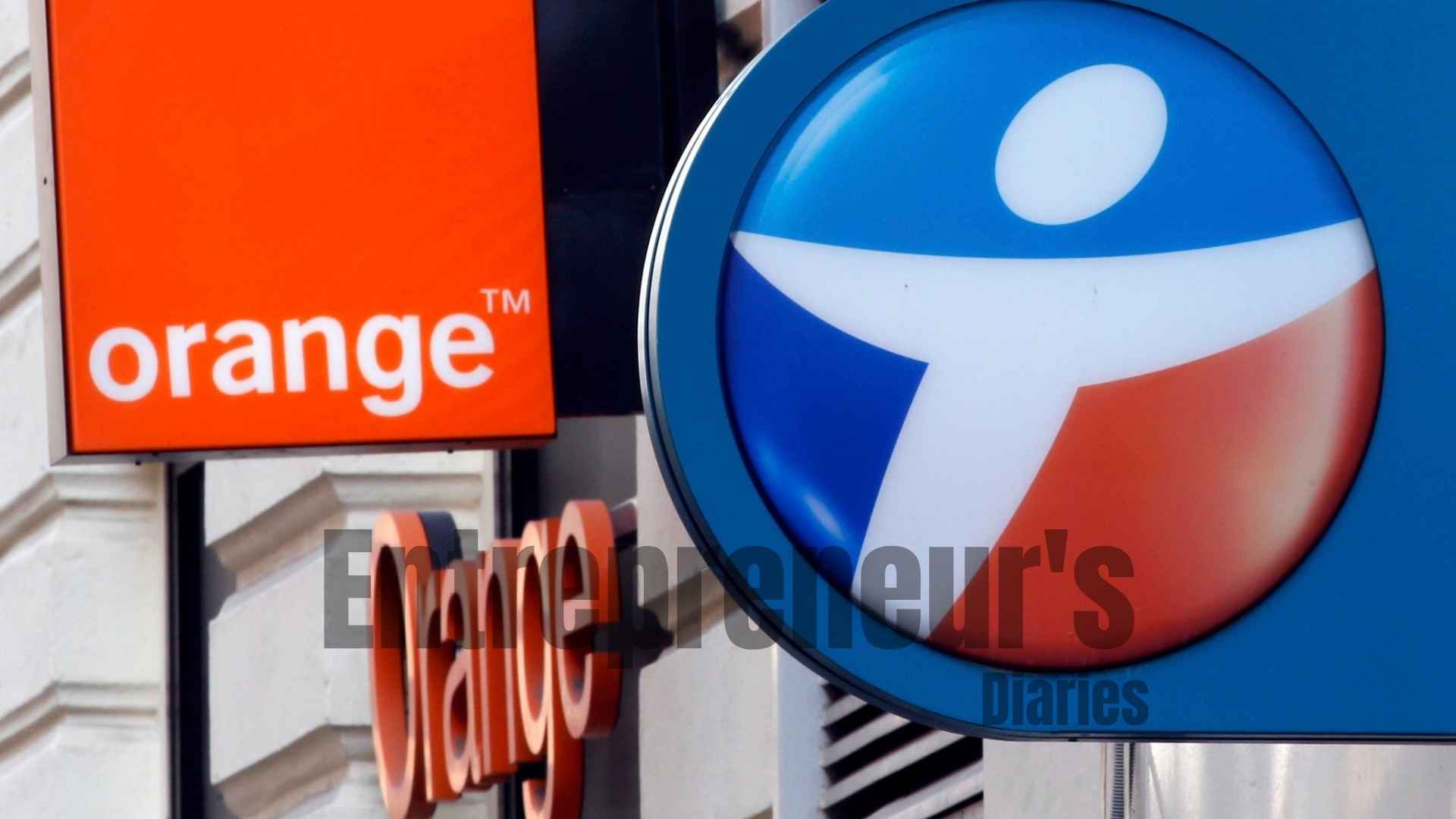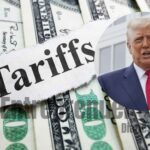PARIS, October 17: The French Telecom Merger bid valued at nearly €17 billion has ignited a new battle over the future of Europe’s communications industry. The joint offer by Bouygues Telecom, Free (Iliad Group), and Orange to acquire most of Altice France’s SFR network was rejected within hours by Patrick Drahi, yet the move has already shaken markets and regulators alike.
Bouygues shares surged about eight percent, reaching a seven-year high, while Orange gained roughly four percent as investors bet that this attempted French Telecom Merger could mark the start of long-awaited consolidation in one of Europe’s most competitive markets.
A €17 Billion Bid to Reshape SFR
The consortium’s non-binding offer, reported by Reuters at around US $19.8 billion, targeted SFR’s domestic mobile and broadband business. Under the proposed allocation, Bouygues would receive about 43 percent of the assets, Free roughly 30 percent, and Orange the remaining 27 percent. Altice would retain its peripheral holdings, including Intelcia, UltraEdge, XP Fibre, Altice Technical Services, and its operations in French overseas territories.
The bid, if approved, would compress France’s major telecom field from four operators to three. Such a reduction in market players lies at the heart of the French Telecom Merger debate: whether national and EU regulators will finally accept the argument that fewer, larger players are necessary to fund infrastructure, or continue defending price competition at all costs.
French Government Balances Vigilance and Growth
Finance Minister Roland Lescure said Paris will be “vigilant” about the effects of any merger on prices, quality, and innovation. According to Reuters, Lescure stressed that France’s competition authority must have the “final word” and that the state would defend consumer interests. The involvement of Orange, which remains partially state-owned, adds political complexity to any future French Telecom Merger talks.
The government faces a dilemma: protecting affordable access for citizens while ensuring telecom operators can shoulder the financial burden of 5G, fiber, and AI-driven network modernization.
EU Regulators Under Pressure
The European Commission’s Directorate-General for Competition is watching closely. Historically, the Commission has blocked four-to-three telecom consolidations because they stifle competition and drive up costs for consumers. But industry leaders argue Europe’s fragmented structure prevents carriers from achieving the scale necessary to compete with U.S. and Chinese giants.
If the French Telecom Merger resurfaces as a binding proposal, Brussels is expected to launch a full-scale Phase II antitrust review. Analysts say regulators might demand open-access guarantees or divestitures, though a complete veto could appear increasingly out of touch with global economic realities.
Altice’s Leverage and Liquidity Pressures
Behind Patrick Drahi’s swift rejection lies a deeper financial tension. Altice France recently restructured debt worth about €8.6 billion, but the group still faces pressing maturities and a need to generate liquidity. The French Telecom Merger bid tested that vulnerability. Even though Drahi rebuffed the offer, analysts see the consortium’s approach as an early shot in what may become a drawn-out contest for SFR’s assets.
“Drahi wants control and cash flow,” said one Paris-based telecom banker. “But markets know he can’t refinance forever.”
Market and Industry Implications
The failed French Telecom Merger attempt underscores the broader economic tension facing Europe’s digital economy. Operators argue that consolidation is essential to achieve investment scale for 5G and ultra-fast fiber, while consumer groups warn that it could mean higher bills and less innovation.
SFR, with 19 million mobile and 6.1 million fiber subscribers, remains a key player in France’s infrastructure race. Any move to merge it into a three-operator system would mark a fundamental restructuring of the French telecom sector and could set a precedent for mergers elsewhere in Europe.
The Road Ahead
Despite rejection, Bouygues, Free, and Orange have vowed to “maintain their offer,” according to the Financial Times. A binding bid could emerge in early 2026, with negotiations stretching into 2027 as regulators, creditors, and political actors weigh the consequences of a potential French Telecom Merger.
Whether this deal materializes or not, the signal to Brussels is clear: Europe’s telecom operators are running out of patience with fragmentation. The outcome will determine not only SFR’s future but the very rules of competition in the continent’s digital economy.
Connect With Us On Social Media [ Facebook | Instagram | Twitter | LinkedIn ] To Get Real-Time Updates On The Market. Entrepreneurs Diaries Is Now Available On Telegram. Join Our Telegram Channel To Get Instant Updates.
Ethan is a Lisbon-based leadership strategist who helps remote-first startups scale through systems, team clarity, and async culture.






